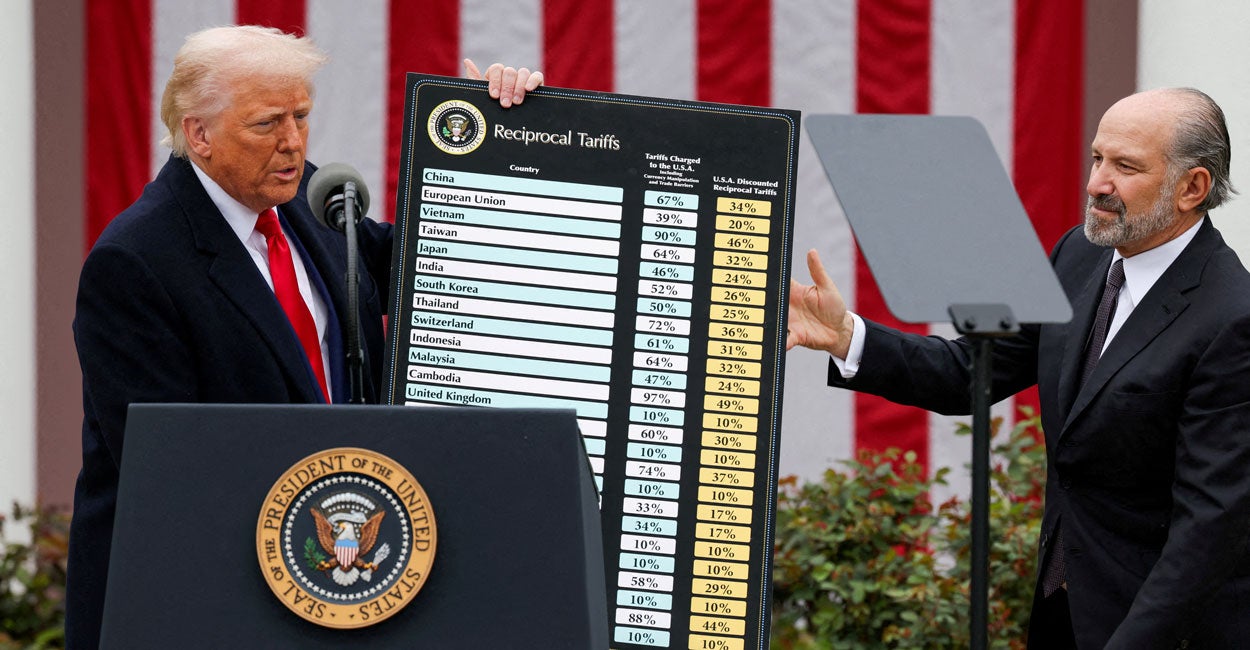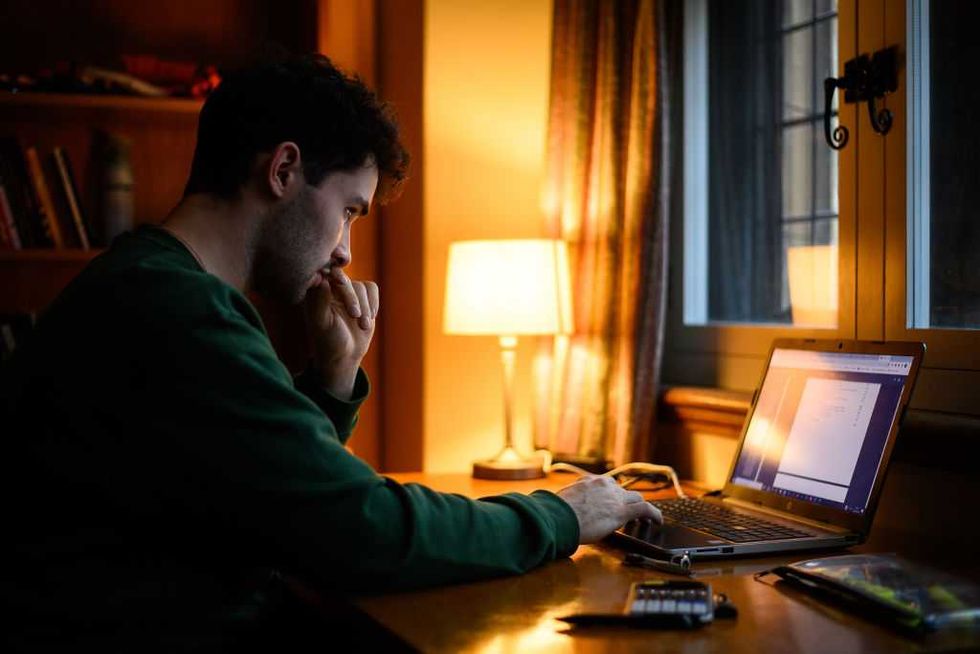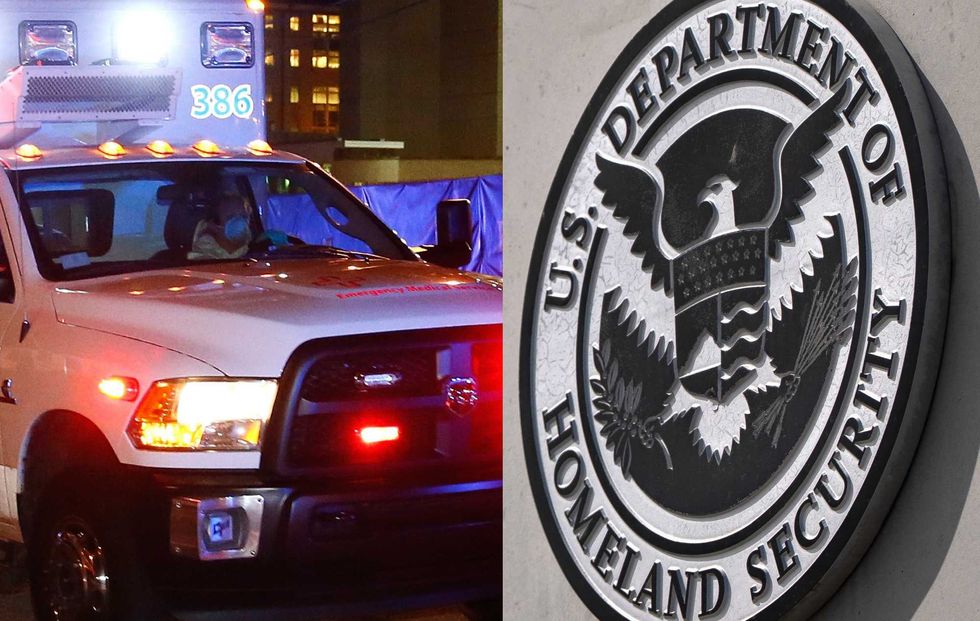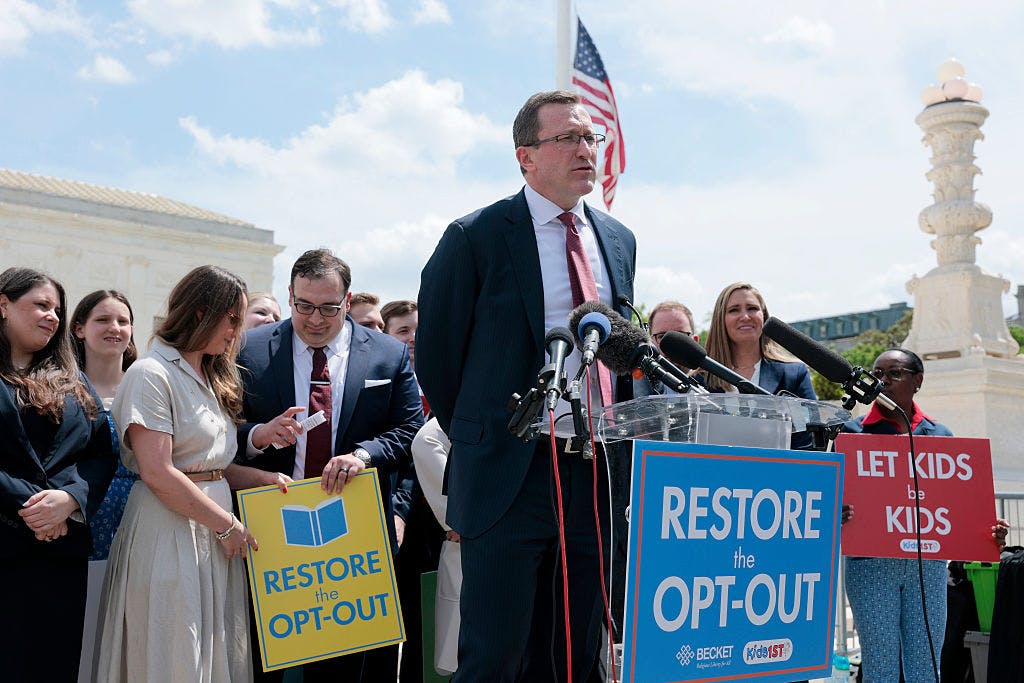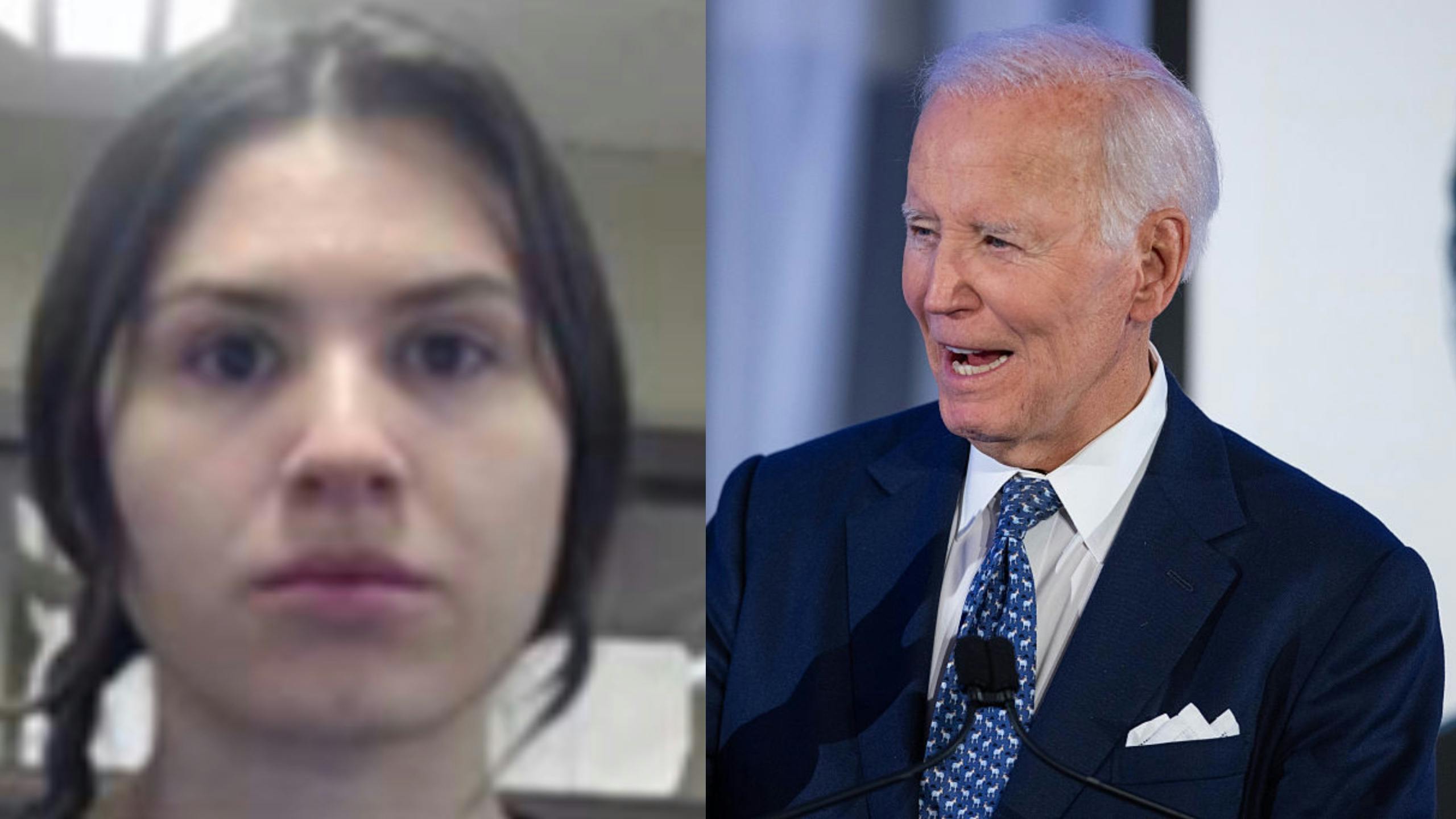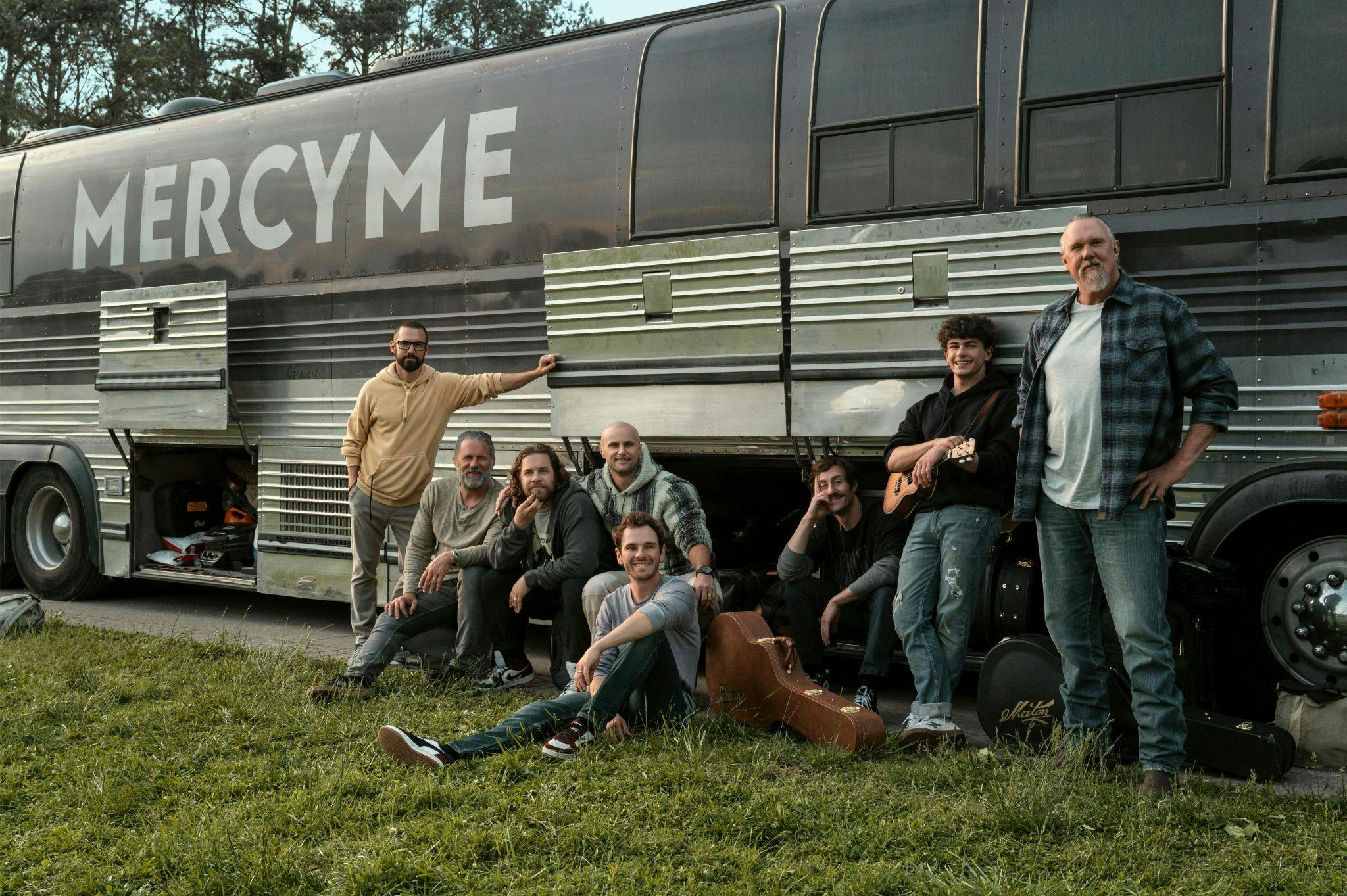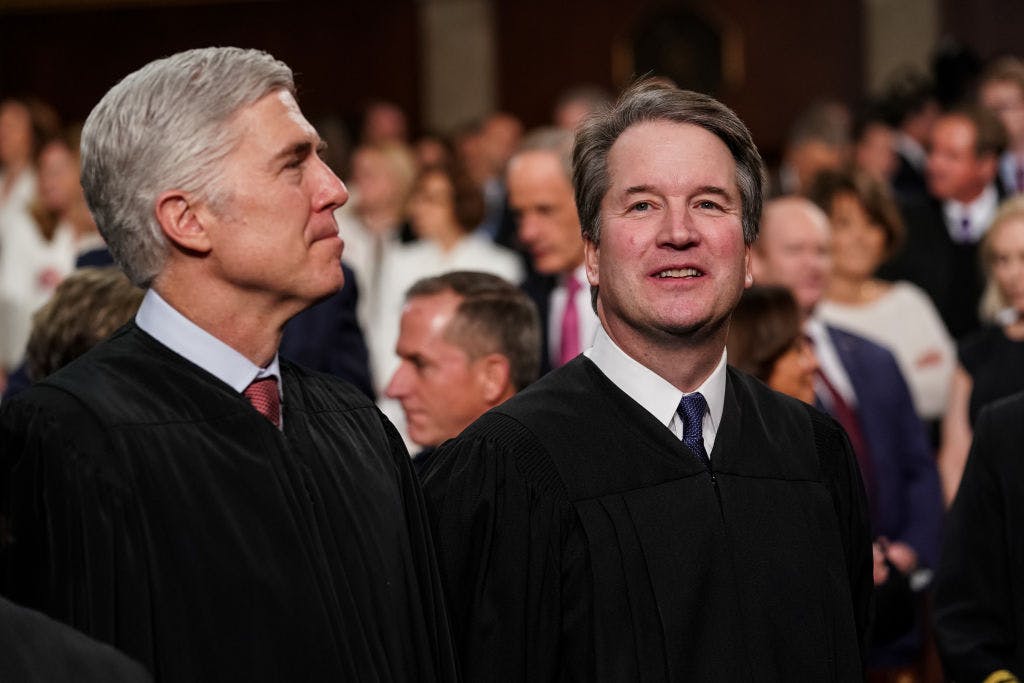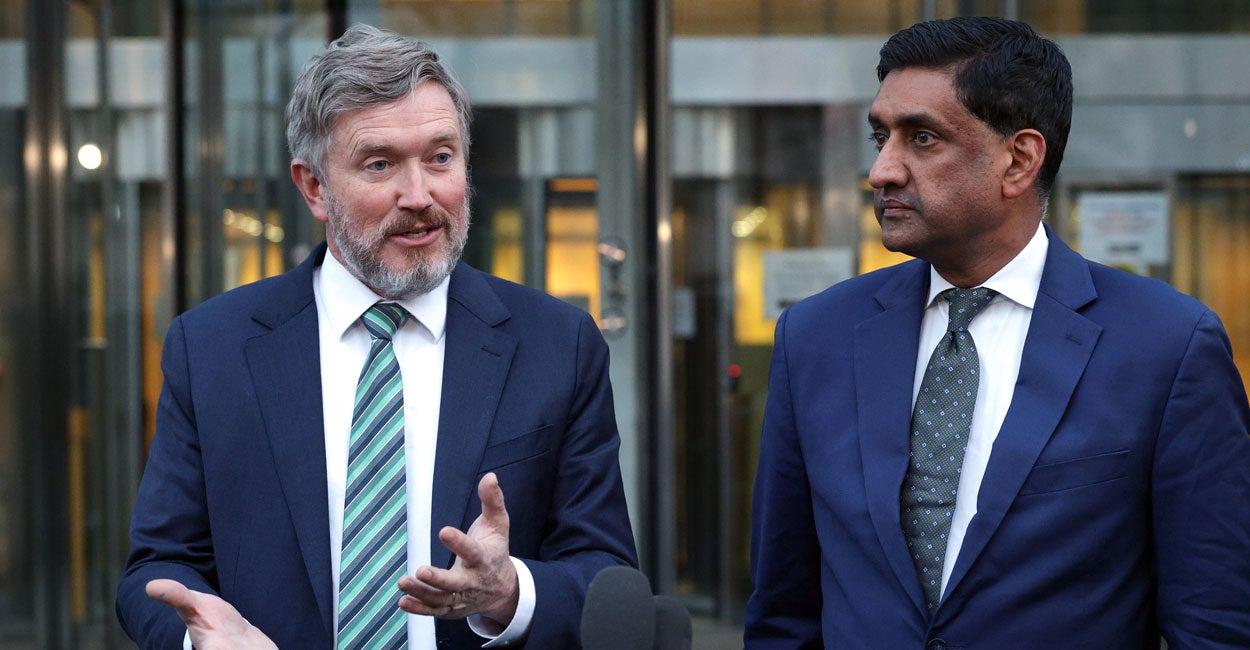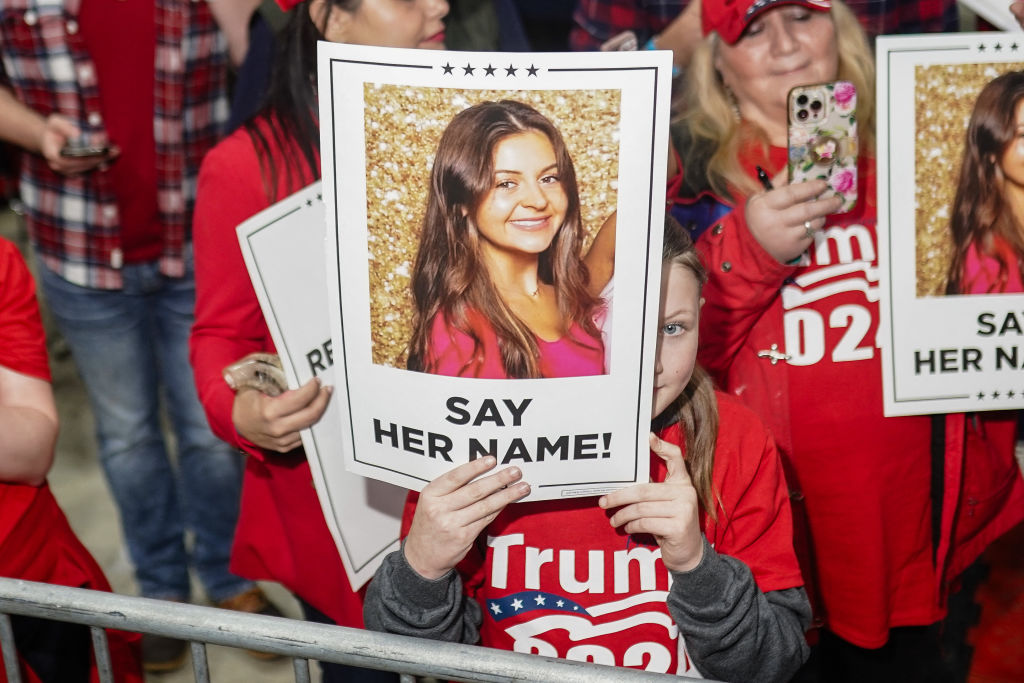UK police face wave of backlash over live facial recognition tech at carnival
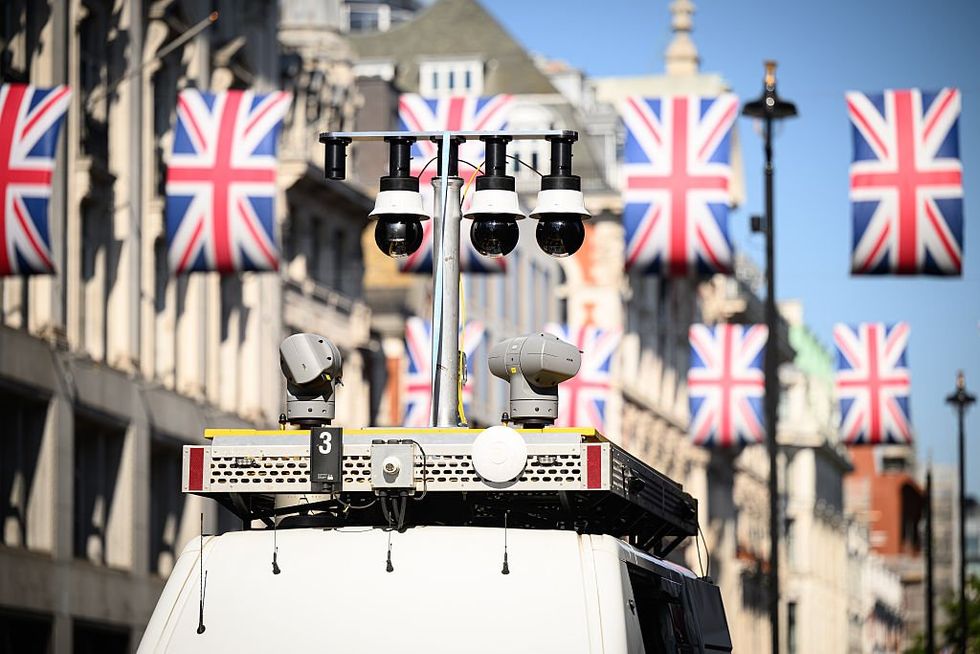
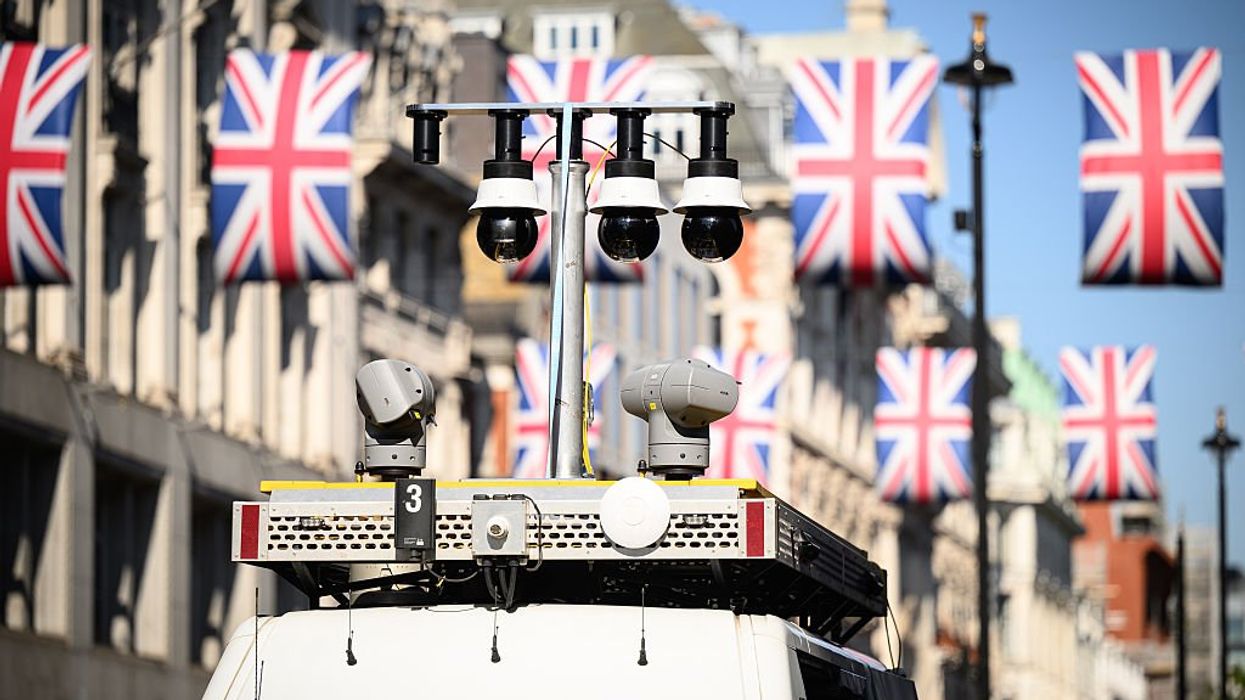
The Metropolitan Police have been experimenting with and refining their live facial recognition technology for nearly a decade. Large events, such as the recent Notting Hill Festival in West London, have been used as special targets for the police force's technology.
Live Your Best Retirement
Fun • Funds • Fitness • Freedom
Not everyone is on board with this surveillance technology, however. Several groups have come forward to call for the reconsideration of the use of this technology on several grounds, including the fact that the legitimacy of the technology is relatively unproven both in practice and in law.
'We all want criminals off the streets, but turning [the] carnival into a mass police lineup is not the way to do it.'
According to the BBC, 11 organizations urged Metropolitan Police Commissioner Sir Mark Rowley in a letter to abandon the technology, warning that it is a "mass surveillance tool that treats all carnival-goers as potential suspects" and has "no place at one of London's biggest cultural celebrations."
RELATED: YouTube admits to secretly manipulating videos with AI
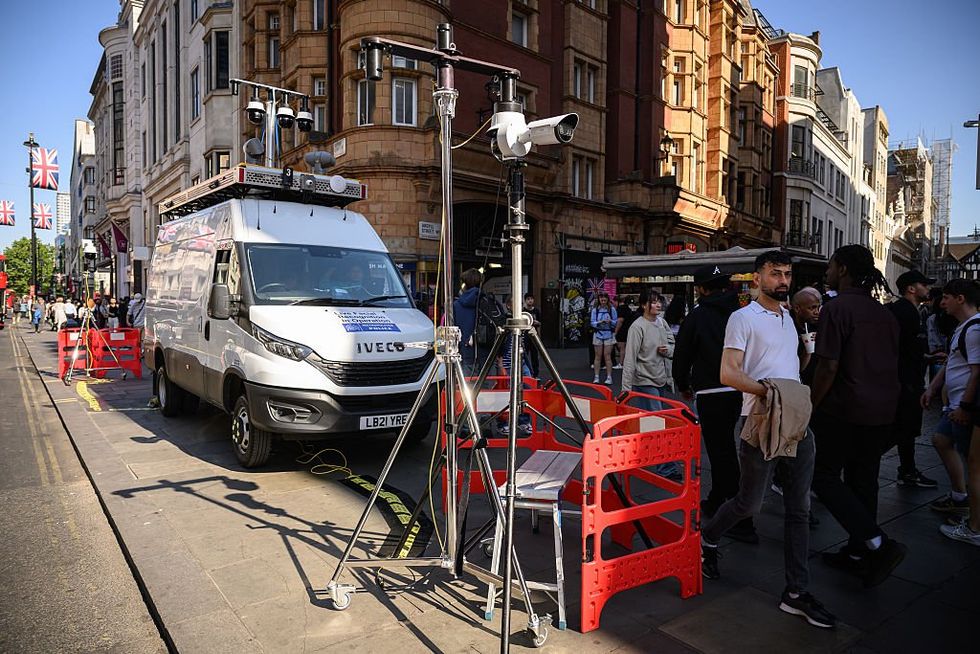 Photo by Leon Neal/Getty Images
Photo by Leon Neal/Getty Images
The recent letter, signed by Big Brother Watch, Human Rights Watch, Liberty, the Runnymede Trust, Race on the Agenda, Privacy International, Statewatch, Open Rights Group, Stop Watch, Race Equality First, and Access Now, highlights the invasiveness, past errors, and the potential lack of legality of the use of this technology.
LFR has been used at the Notting Hill Carnival dating back to 2016 and 2017, according to a Sky News report. Using cameras mounted on police vans, LFR matches live people's faces against police records. This purportedly gives police the ability to know exactly who to pull aside for "questioning," especially in crowded areas or large events.
Rowley admitted that "at that time, the technology was in its early stages and the algorithm's performance was limited." However, the tech has since made "considerable progress," at least according to the commissioner.
The letter points out that the "Notting Hill Carnival is an event that specifically celebrates the British African Caribbean community, yet the MPS is choosing to use a technology with a well-documented history of inaccurate outcomes and racial bias."
Rebecca Vincent, the interim director of Big Brother Watch, told Sky News, "We all want criminals off the streets, but turning [the] carnival into a mass police lineup is not the way to do it."
The Met has reportedly announced that the technology has led to 457 arrests and seven false alerts since January 2025.
While the Met claims that the technology has improved substantially, the concerned groups have demonstrated the adverse effects of LFR on law-abiding citizens. In February 2024 or 2025, Shaun Thompson, a black Londoner coming home from his work at a community outreach program called Street Fathers, was stopped by police outside the London Bridge Station. According to his telling of events, he was told that he was "wanted" and was held for roughly 30 minutes because the software had mistakenly identified him as a suspect. He described this incident with the police as a "stop and search on steroids."
Commissioner Rowley defended the "doubling" of the tech by saying it can be used to "disrupt and deter" the minority of festival attendees who might cause problems, according to the BBC.
"Where we know that LFR can help locate individuals the police need to speak to, and those people pose a public safety risk to the many seeking to enjoy Carnival, it is entirely reasonable to ask — why wouldn't you use it in this context?" he said.
More LFR vans are expected to be rolled out soon in Greater Manchester, West Yorkshire, Bedfordshire, Surrey, Sussex, Thames Valley, and Hampshire, according to Metro. They are already in use by South Wales Police, Essex, and Met Police areas.
Return contacted Big Brother Watch for comment and was referred to its press release page for additional information.
Originally Published at Daily Wire, Daily Signal, or The Blaze
What's Your Reaction?
 Like
0
Like
0
 Dislike
0
Dislike
0
 Love
0
Love
0
 Funny
0
Funny
0
 Angry
0
Angry
0
 Sad
0
Sad
0
 Wow
0
Wow
0


